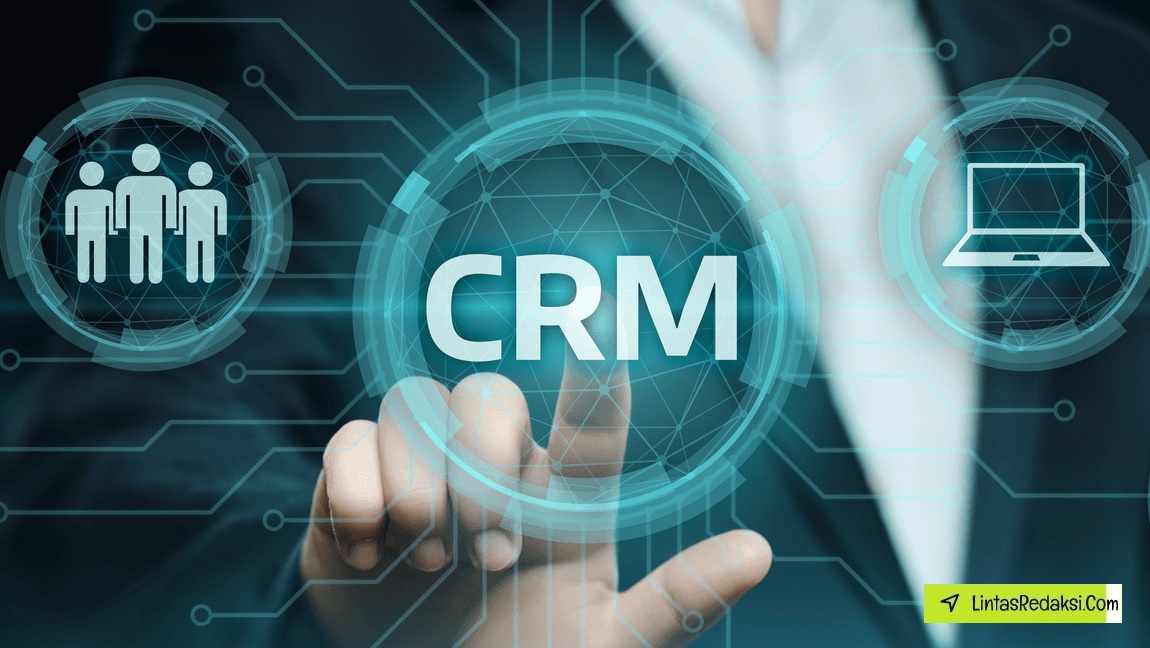CRM Systems and Software are tools designed to help businesses manage and optimize their interactions with customers. They provide a centralized platform for storing customer information, tracking interactions, automating processes, and analyzing data to improve customer relationships and drive business success. Here’s a detailed look at CRM systems and software.
Daftar Isi
Key Features of CRM Systems and Software
Here are some of the key features CRM Systems and Software:
1. Contact Management
- Database: Stores detailed information about customers and prospects, including contact details, communication history, and personal preferences.
- Segmentation: Allows businesses to categorize contacts based on criteria such as demographics, behavior, or purchase history for targeted communication.
2. Sales Management
- Lead Tracking: Captures and tracks potential leads through the sales pipeline, from initial contact to conversion.
- Opportunity Management: Manages sales opportunities, including tracking the progress of deals, forecasting sales, and identifying potential risks.
3. Marketing Automation
- Campaign Management: Creates, executes, and tracks marketing campaigns across various channels, such as email, social media, and online advertising.
- Lead Nurturing: Automates follow-up communications with leads based on their behavior and interactions, helping to move them through the sales funnel.
4. Customer Service and Support
- Ticketing System: Manages customer support requests by creating and tracking support tickets, assigning tasks to support agents, and monitoring resolution times.
- Knowledge Base: Provides a centralized repository of information and resources for customers and support agents to access frequently asked questions and solutions.
5. Analytics and Reporting
- Performance Metrics: Tracks key performance indicators (KPIs) related to sales, marketing, and customer service, such as conversion rates, customer satisfaction scores, and revenue.
- Custom Reports: Generates customizable reports and dashboards to provide insights into business performance and customer behavior.
6. Automation
- Workflow Automation: Automates repetitive tasks and processes, such as sending follow-up emails, assigning tasks, and updating records, to improve efficiency and reduce manual work.
- Task Management: Automates task assignments and reminders to ensure timely follow-up and completion of customer-related activities.
7. Integration
- Third-Party Integrations: Connects with other business systems, such as Enterprise Resource Planning (ERP), email marketing tools, e-commerce platforms, and social media to provide a unified view of customer interactions and streamline operations.
- APIs: Provides application programming interfaces (APIs) for custom integrations with other software and systems.
8. Customization
- Custom Fields and Modules: Allows businesses to tailor the CRM system to their specific needs by adding custom fields, modules, and workflows.
- Personalization: Customizes the user interface and functionality to match the business’s processes and preferences.
Examples of CRM Systems and Software
Here are some examples of CRM Systems and Software:
1. Salesforce
A leading CRM platform offering a wide range of features for sales, marketing, customer service, and analytics. It provides extensive customization options and integrates with numerous third-party applications.
2. HubSpot CRM
Provides a free CRM solution with tools for managing contacts, tracking sales, and automating marketing tasks. It’s known for its user-friendly interface and integration with HubSpot’s marketing and sales tools.
3. Zoho CRM
Offers a comprehensive set of features for sales automation, marketing, customer support, and analytics. It’s known for its affordability and extensive customization options.
4. Microsoft Dynamics 365
Combines CRM and ERP capabilities to provide a unified solution for managing customer relationships, sales, marketing, and business operations. It integrates with other Microsoft products and services.
5. Pipedrive
Focuses on sales pipeline management with a visual interface for tracking deals and managing leads. It offers features for automation, reporting, and integration with other tools.
Benefits of CRM Systems and Software
Here are some of benefits CRM Systems and Software:
1. Enhanced Customer Relationships
Provides tools to manage and improve interactions with customers, leading to stronger relationships and increased customer satisfaction.
2. Improved Efficiency and Productivity
Automates repetitive tasks, streamlines processes, and centralizes customer information, allowing teams to work more efficiently and effectively.
3. Data-Driven Decision Making
Offers insights and analytics to help businesses make informed decisions, optimize strategies, and identify opportunities for growth.
4. Better Sales and Marketing Alignment
Facilitates collaboration between sales and marketing teams by providing a shared platform for managing leads, campaigns, and customer data.
5. Scalability
CRM systems can grow with the business, providing additional features and capabilities as the organization expands and its needs evolve.
In summary, CRM systems and software are essential tools for managing customer relationships, improving business processes, and driving growth. They provide a centralized platform for handling customer interactions, automating tasks, and analyzing data, ultimately enhancing customer satisfaction and business performance.



